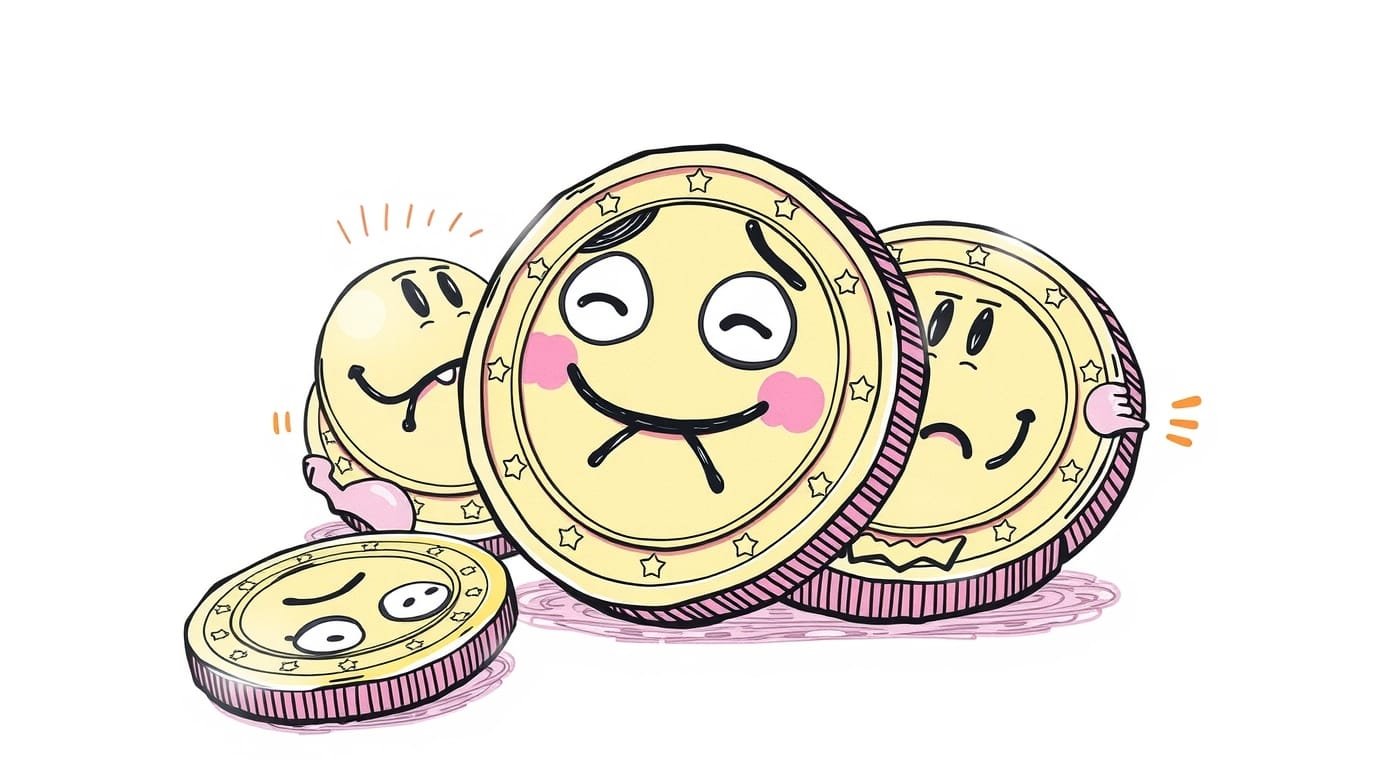
Cases of fraud and hacking in the crypto world are increasingly rampant. One of the latest modes that have emerged is the use of deepfake based on artificial intelligence (AI) to deceive Bitcoin (BTC) owners. This article will discuss the type of crypto that must be avoided so as not to lose and make big profits.
Avoid Type of Crypto That Hinder Profit Acquisition
The security of an asset is an important and primary concern for many crypto investors today. According to a survey in 2024, Cryptocurrency Investor Trends and Preferences conducted by The Ascent, around 35% of respondents who have not invested in crypto mentioned their concerns about security as the main reason.
In addition, 28% of respondents considered the lack of clear regulations to be an obstacle to investing in crypto. Meanwhile, 24% of respondents said that crypto is a form of fraud, which further highlights concerns about the security of this asset.
1. Meme Coin
The first type of crypto that users should avoid is meme coins. These are often created in a short time and only to take advantage of certain trends.
Some meme coins like Dogecoin (DOGE) and Shiba Inu (SHIB) have billion-dollar valuations and are considered legitimate. However, most other meme coins are highly vulnerable to fraud and are also capable of manipulating the market.
Unlike Ethereum (ETH), which has a team of developers and cryptographers to ensure its security, meme coins tend not to have strong protection systems. Many end up as “pump and dump”. Then a “rug pull” schemes, where the creator of the coin disappears after raising funds from investors.
2. Low Market Cap Coins
The second type of risky coin is low market cap cryptos that trade under $1. Of the more than 20,000 cryptos in existence, only 468 have a market cap above $100 million, according to CoinMarketCap.
Some developers try to increase market cap by issuing billions or trillions of coins at launch. Even though the price per coin is very low, the market cap can appear large because there are so many coins in circulation.
For safety, it is recommended to only invest in crypto with a large enough market capitalization. Then, a price above US$1. As a rule of thumb, choosing crypto that is in the top 100 on CoinMarketCap with a capitalization of at least US$1 billion can be a safer step.
3. Crypto Traded Off-Exchange
The third type to avoid is crypto that is not listed on a major exchange such as Coinbase Global. Crypto listed on major exchanges has generally gone through a selection process and due diligence by the platform.
However, there are exceptions in some cases, this type of crypto, for example when authorities such as the Securities and Exchange Commission (SEC) are considering regulatory action against crypto. In such situations, some exchanges may choose to delist the crypto until further clarity is obtained.
Types of Crypto Scams
There are various type of crypto scams carried out by scammers to steal crypto assets from potential victims. Here are some types of crypto scam tactics from various sources that you should know:
1. Fake Airdrop Giveaway Scam
The scammer promises free tokens or NFTs to lure victims into clicking on malicious links. These links are often found in NFT spam or fake ads that direct victims to malicious websites to connect wallets or approve transactions. Once connected, the victim’s wallet containing digital assets such as NFTs and crypto assets can be drained.
2. Fraudsters Pretending to Be Customer Service
Scammers often pretend to be CS or Customer Service of a certain company to trick victims into providing sensitive information such as seed phrases, crypto wallet passwords, emails, etc.
In addition, they often provide fake email addresses or include links to websites where users are asked to reveal recovery phrases or sign malicious transactions.
3. Impersonating Social Media Accounts of Companies or Crypto Figures
Fraudsters sometimes imitate or even hack official social media accounts of companies, crypto figures, and even friends that users follow. They post links to fake airdrops, whitelists, or giveaways. If users are not careful and connect crypto wallets, they can drain personal assets.
Those are the type of crypto that users should avoid so as not to lose and avoid fraud. Make sure to be vigilant. Don’t forget to verify accurate sources of information, avoid clicking suspicious links, and don’t share sensitive information such as personal data, crypto wallet recovery phrases, and more.
